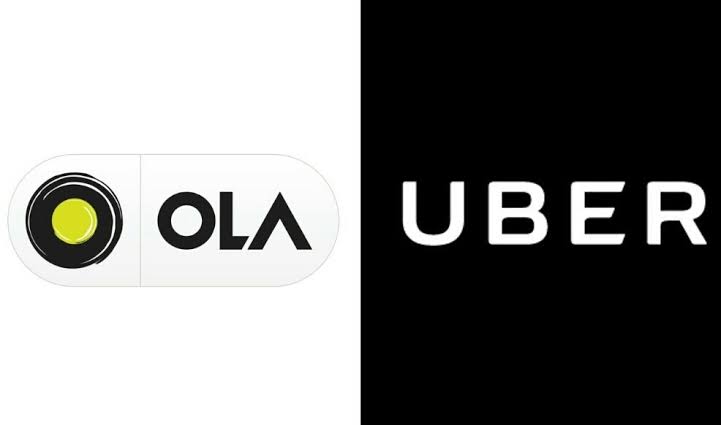Elon Musk, the prominent figure in the tech industry, has directed criticism towards Facebook and its CEO Mark Zuckerberg. He has made allegations that the social media behemoth is involved in a widespread manipulation of public opinion on a global scale. Musk’s critique was delivered through a strongly-worded tweet, in which he implied that Facebook’s decision to keep its algorithm private is a clear indication of its desire to shape and control public discussions.
These remarks from Musk arrive amidst mounting concerns about the significant influence of social media platforms on shaping public viewpoints and even affecting election outcomes. Critics contend that these platforms hold substantial power over the dissemination of information, and their algorithms can be exploited to amplify specific content while suppressing others.
Facebook, due to its vast user base, has been under increasing scrutiny regarding its algorithms for suggesting content, which dictate the content users see on their timelines. Musk’s tweet has now added more fuel to the ongoing conversation regarding transparency and responsibility within the technology sector.
In a tweet, Elon Musk remarked, “Facebook’s manipulation of the global public is evident. Their refusal to reveal their algorithm speaks volumes.” This statement can be interpreted as a subtle jab at Mark Zuckerberg’s leadership of Facebook.
A recent investigation has made claims that Facebook, under the leadership of Mark Zuckerberg, has been providing financial support to activists with the intention of obstructing their opponents during a national referendum. These activists supposedly advocate for imposing censorship on their adversaries. This revelation seems to contradict Zuckerberg’s earlier assertion that Facebook maintains an unbiased stance, supported by independent fact-checkers, and welcomes diverse perspectives without interfering in electoral processes.
Responding to these allegations, Elon Musk suggested that Facebook’s actions strongly indicate a widespread manipulation of public sentiment across different regions. He further speculated that this manipulation could be the primary motivation behind Meta’s decision to withhold its algorithm from public disclosure and open sourcing.
Described as an attempt to divert attention from larger issues of transparency, The Wire has characterized the release of the algorithm’s open source version as a deceptive tactic. The publication drew parallels to TikTok’s strategies in 2020 when facing regulatory scrutiny in the US. It highlighted TikTok’s use of the term ‘source code’ while unveiling plans for transparency centers, which interestingly have not been accessible to the general public. Despite this, TikTok has not fulfilled its promise of releasing the mentioned source codes.




